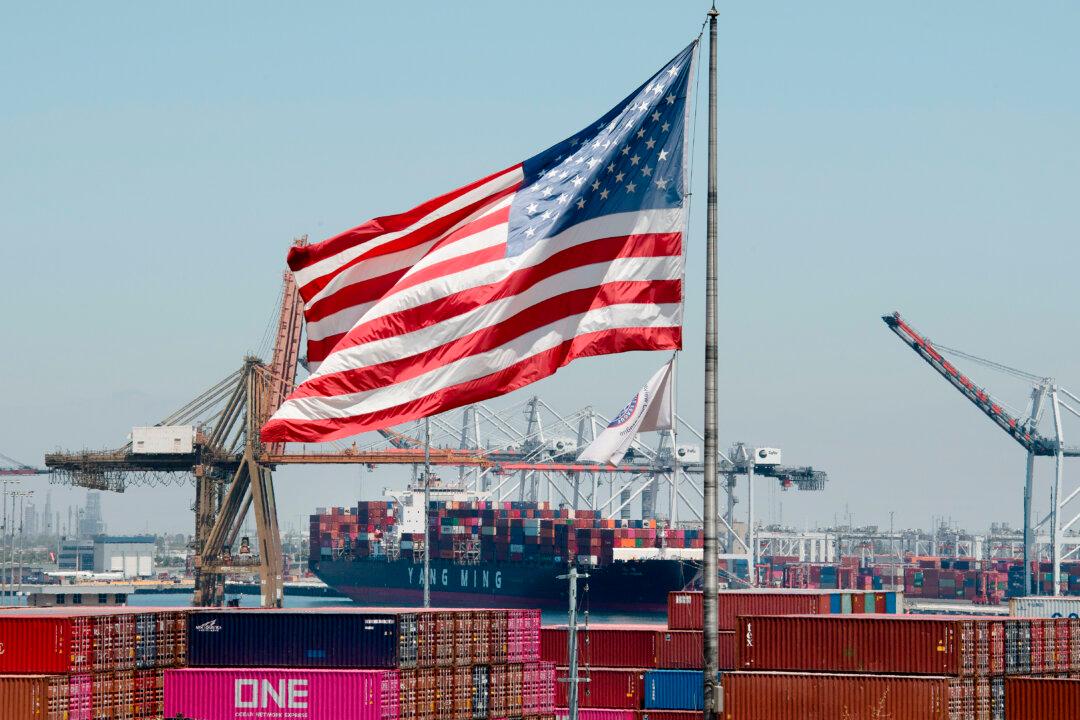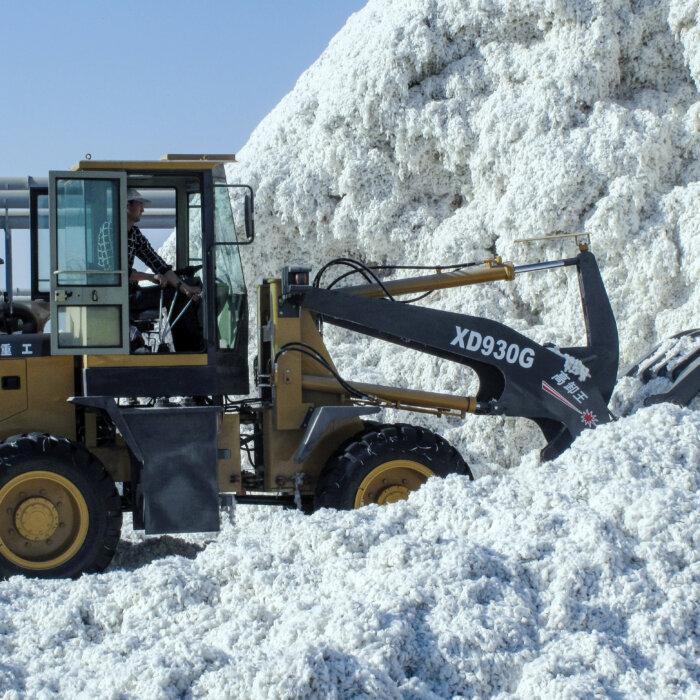U.S. Customs and Border Protection (CBP) stated that it is detaining at all ports any seafood linked to a Chinese fishing vessel suspected of using forced labor.
CBP issued the May 28 withhold release order on vessel Zhen Fa 7, ordering its officers at all U.S. ports to block entry of seafood harvested from the Chinese-flagged vessel.
The CBP stated that it had reasonable suspicion of forced labor, identifying abusive working and living conditions, physical and sexual violence, debt bondage, the retention of laborers’ identity documents, and other issues. These afforded the Zhen Fa 7 labor costs below market value and “unjustly earned profits” in a way that undercut American businesses, according to the statement.
CBP currently has 52 active withhold release orders, and 36 of them are related to China-linked entities.
The Tariff Act of 1930 prohibits the import of goods made by convict or forced labor, and a key expansion was made in 2022 with the enactment of the Uyghur Forced Labor Prevention Act (UFLPA), which blocks the importation of goods manufactured with forced labor in Xinjiang.
The United States has determined that the Chinese communist regime systemically uses forced labor in Xinjiang, where the majority of China’s cotton is produced. Xinjiang is also home to many of China’s mining operations.
The shipments fall under a wide range of categories, including automotive and aerospace, electronics, apparel, consumer products, agriculture, base metals, pharmaceuticals, and machinery.
The items do not all originate directly from China but often from Southeast Asia. Many of the shipments had a country of origin of Malaysia, Vietnam, or Thailand. These countries manufacture many goods sold to the United States with materials originating from China.







